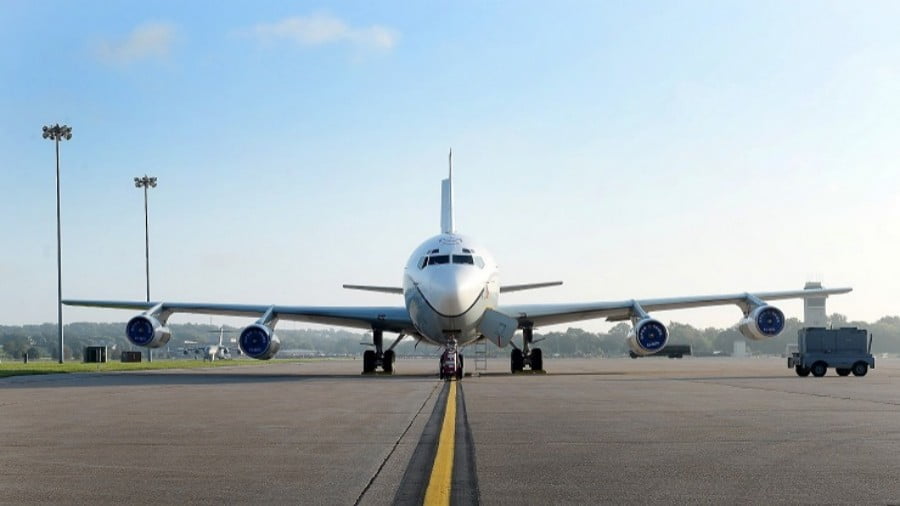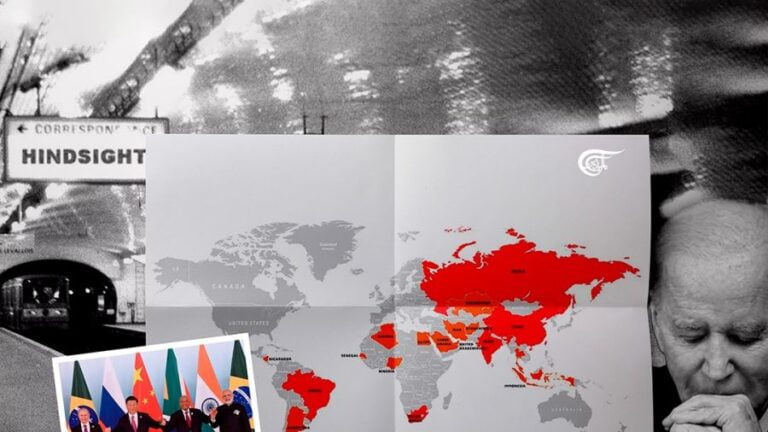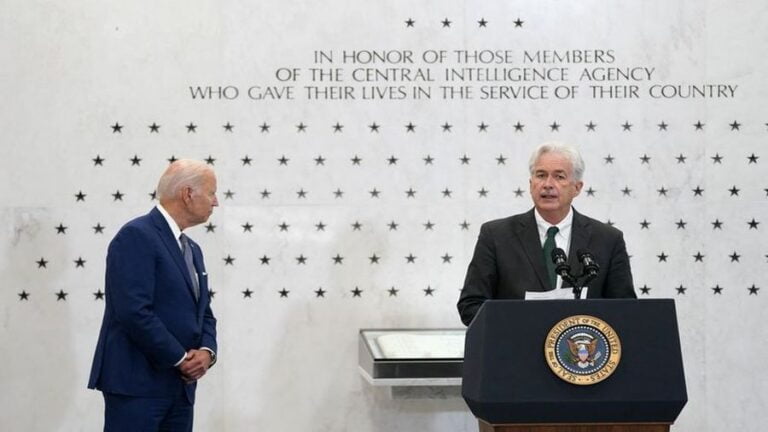US Walks Away From Another Treaty, Closer to Confrontation with Russia
The US has signaled a desire to withdraw from yet another agreement created specifically to reduce the likelihood of a military confrontation between the US and NATO versus Russia.
The US State Department’s own Voice of America in an article titled, “US Officially Withdraws from Open Skies Agreement,” would report:
The United States formally withdrew on Sunday from the Open Skies Treaty, an 18-year-old arms control and verification agreement that Washington repeatedly accused Moscow of violating.
The withdrawal is the latest blow to the system of international arms control that US President Donald Trump has repeatedly scorned, complaining that Washington was being either deceived or unfairly restrained in its military capabilities.
Even the VOA article admits there is no evidence regarding US accusations that Russia has violated the agreement.
The Open Skies Treaty put into effect in 2002 made provisions for short-notice unarmed observation flights by both sides over each other’s territory to help assure both sides that neither was secretly preparing forces for attack or amassing troops in sensitive areas.
For Russia, this would mean amassing troops within its own territory but close to its borders with Western Europe.
For the US, this would mean amassing troops thousands of miles from its own shores in European nations hosting them which now includes nations directly on Russia’s borders, circumstances already decidedly in favor of potential American, not Russian aggression.
Despite the treaty ultimately being designed to ensure European security from a potential Russian attack, European allies of Washington including Germany have reacted negatively to Washington’s withdrawal from it.
Germany’s Deutsche Welle (DW) in an article titled, “US officially withdraws from Open Skies transparency pact,” would note:
German Foreign Minister Heiko Maas said Germany regrets the US decision and that Berlin still regarded the agreement as “an important part of the arms control architecture that contributes to mutual trust and thus security in the northern hemisphere.”
Thus, one of the key nations the treaty is designed primarily to protect still stands by it, regretting Washington’s decision to withdraw from it and even indirectly suggesting that Washington’s actions threaten trust and security in the northern hemisphere.
Washington’s withdrawal from Open Skies comes after a series of other arms control and security agreements between the US, NATO and Russia have been abandoned by the US.
This includes Intermediate-Range Nuclear Forces (INF) Treaty, abandoned by the US under similarly dubious circumstances.
As a result the US began arming European allies with missile systems previously prohibited under the treaty reaping billions in profits for US defense contractors and US-based arms manufacturer Lockheed Martin in particular.
Growing military confrontation and the threat of potential war as the US continues withdrawing from additional agreements and treaties is creating a deteriorating security environment that favors one of America’s remaining profitable export sectors, arms manufacturing.
It also allows the US to continue its military encirclement of not only Russia, but also China under similarly dubious claims of the threats Washington claims both nations represent to a world where the US itself is undermining security treaties designed specifically to maintain peace and stability.
In a much wider arc, it is the shift of economic power from West to East that has prompted increasingly aggressive moves by the US to reassert itself globally.
However, nothing about Washington’s increasingly aggressive posture seems likely to correct the economic fundamentals driving America’s decline as a global power and until such fundamentals are seriously addressed back home in America, its decline abroad will likely continue.
For Russia and China who both face growing US aggression along their borders, the need to work together as well as cultivate better ties with neighboring nations like Germany in Russia’s case or Southeast Asia in China’s case is growing in importance and already paying dividends in blunting US “containment” measures.
It is entirely ironic that as the US accuses its adversaries of posing a danger to global peace and security, it is the US’ own actions that are in fact endangering both. The US’ abandoning of key treaties meant to ensure trust and security across Eurasia opens the door for new treaties agreed upon between Russia, China and the other nations of Eurasia, excluding America, and thus isolating America geopolitically to North America where some might say American power should ultimately and solely reside.







